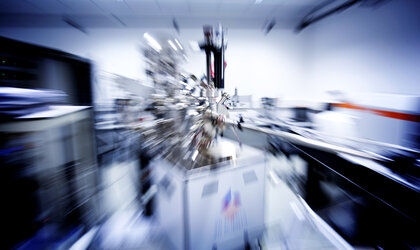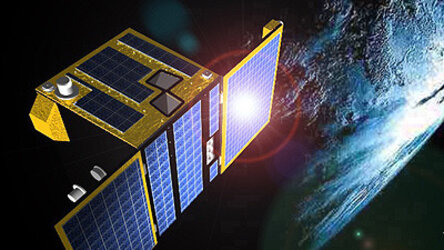Students turn rocket science into business
Sixty students from several leading European business management schools worked last week on real ESA space technology to probe its exploitation for non-space applications.
While half of the students at the “Turning Technology into Business” seminar were given the opportunity to work with start-up companies at ESA’s Business Incubation Centre in Noordwijk in the Netherlands facing real entrepreneurial challenges, the other half faced a real industry-like situation: come up with a business proposal from an ESA miniature optical spectrometer patent.

ESA’s Erasmus Centre in the Agency’s ESTEC space research and technology centre was the setting for the students and their one-week intense work on developing good business plans from the ESA patent.
The inventor Bernd Harnisch, an optical engineer at ESA, introduced the business students to this new area.
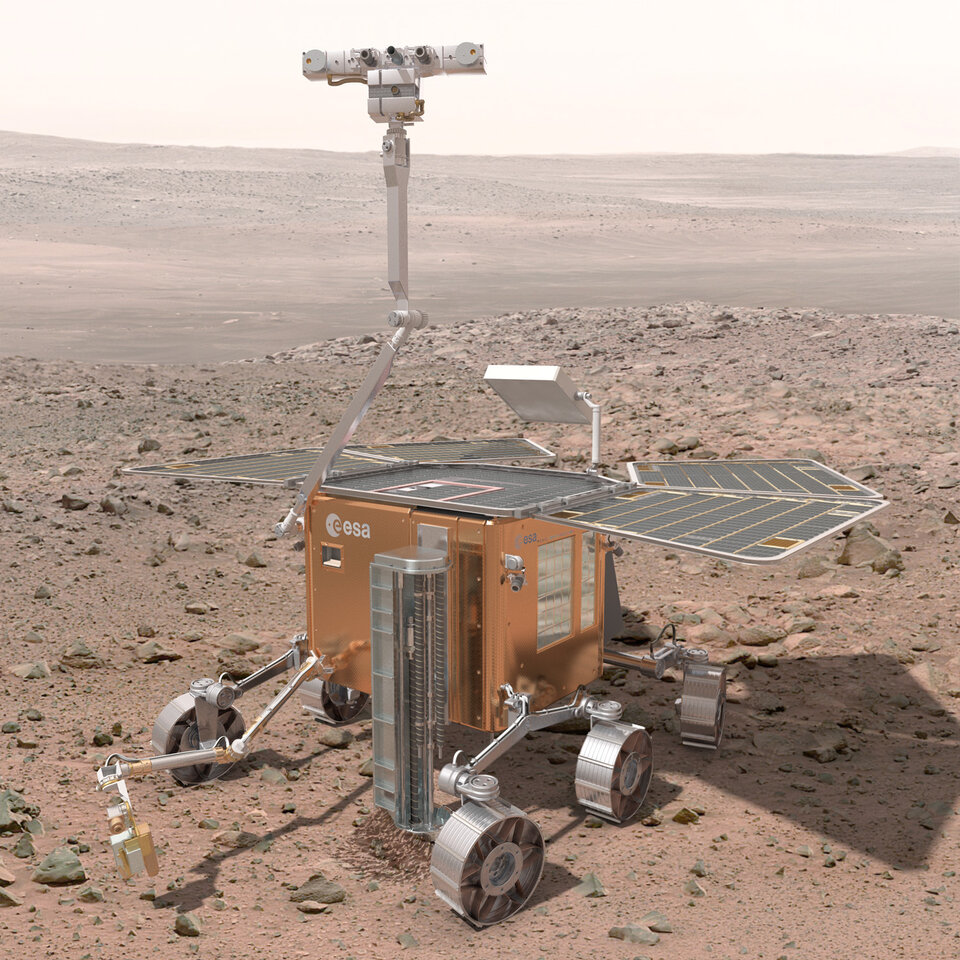
The patented spectrometer was developed under ESA’s TRP Basic Technology Research Programme within an feasibility and breadboard study.
It was intended as a back-up spectrometer for the ExoMars rover on the Red Planet.
“For us, as the space industry, it is fascinating to see our ideas receiving a new perspective and growing into a new potential – challenging our way of looking at our inventions,” Bernd said.
Space for mobile doctor wins
The winning business proposal using the ESA instrument was the Mobile Doctor (MobiDoc), a handheld device to analyse blood and skin samples in a more efficient and time-saving manner than others on the market today.
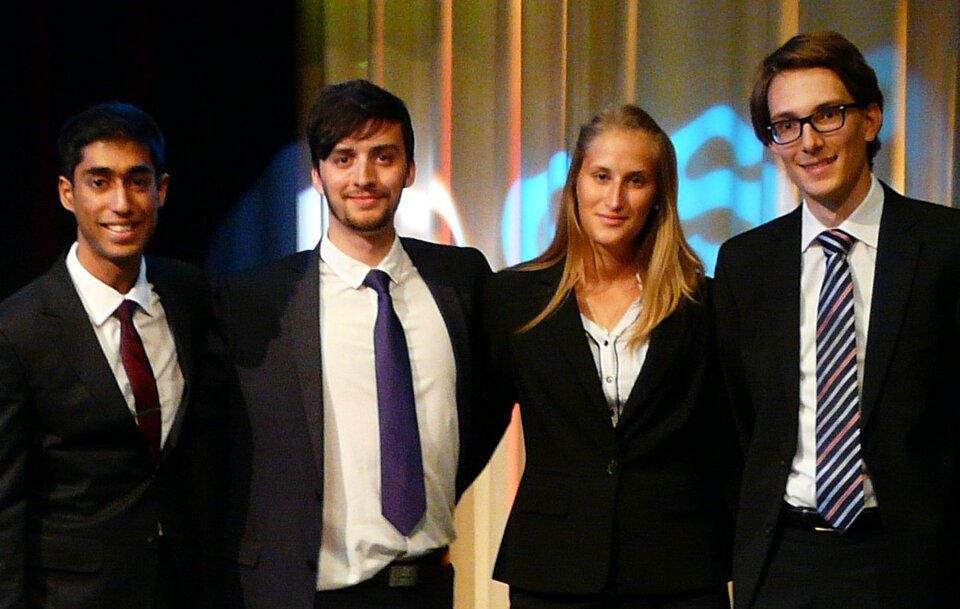
Dominik Bilgeri from Rotterdam School of Management Erasmus University (RSM) in The Netherland, Janka Eniko Hoffmann from Corvinus University of Budapest in Hungary, Jakub Ratislav from Prague University of Economics in Czech Republic and Suryadeep Seal from Norwegian School of Economics in Bergen, all now at RSM to complete their CEMS degree, proposed that by taking blood samples to detect poor nutrition, MobiDoc could bypass lengthy healthcare procedures and lab hours.
The same device could also help diabetic patients to monitor their health level.
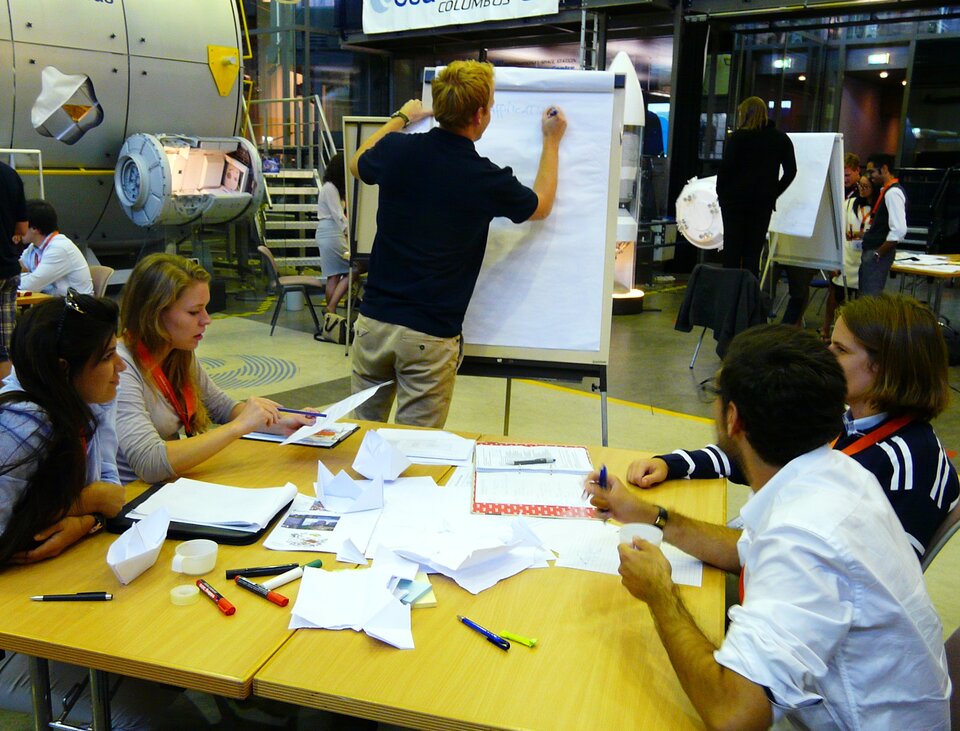
Other business proposals included doping analysis tools for the sport community, a soil monitor for intelligent agriculture management, detecting chemical substances in war zones and a diamond certification system.
“All the proposals were very valid and selecting the winner was not easy,” said Niels Eldering, Technology Transfer Programme Officer at ESA and himself a RSM CEMS alumni.
“The wide range of applications proposed in non-space fields after just one week of intense work shows the spin-off potential of our ESA technology patents.”
Almost a decade of space-to-business success
Next year, ESA’s Technology Transfer Programme Office will celebrate 10 years of working with the top-ranked CEMS Master’s in International Management university programme.
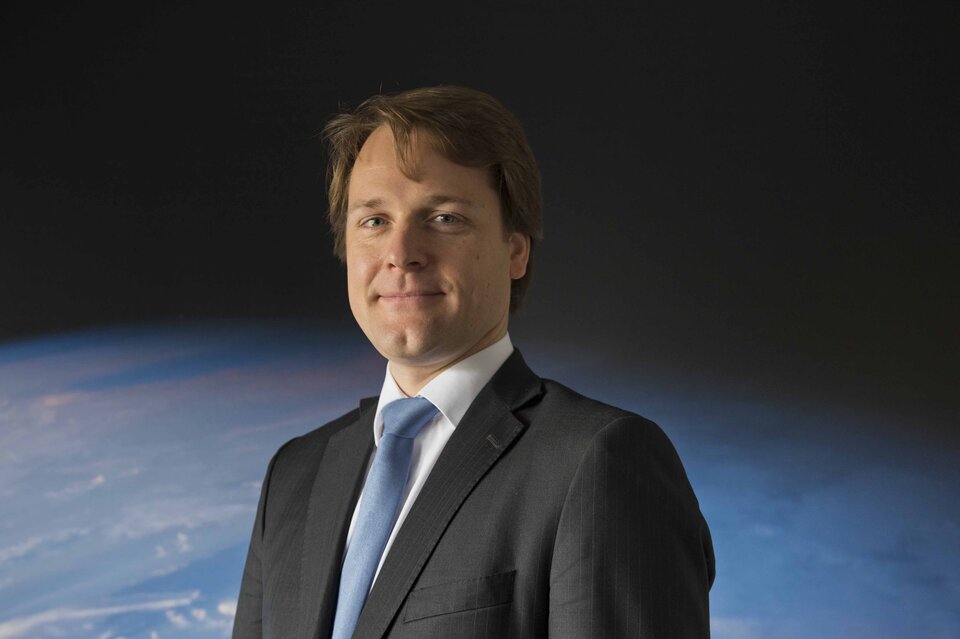
“Bridging the gap between space and industry was our main goal when we started the ESA–CEMS project nine years ago," Niels said.
"Investing our time in the next generation of decision-makers and business professionals is important for guaranteeing future spin-offs from the wealth of technologies ESA develops as part of our space programmes.”

CEMS is a global alliance of 28 world-class academic business institutions and over 70 corporate business partners dedicated to educating and preparing future generations of global business leaders for today’s multilingual, multicultural and interconnected business world through its Master’s in International Management.
ESA’s Technology Transfer Programme Office was set up to inspire and facilitate the use of space technology, systems and knowhow for non-space applications. Through its Technology Transfer Network of brokers throughout Europe and its eight Business Incubation Centres, 280 transfers have been made so far over 200 start-up companies have been supported.




